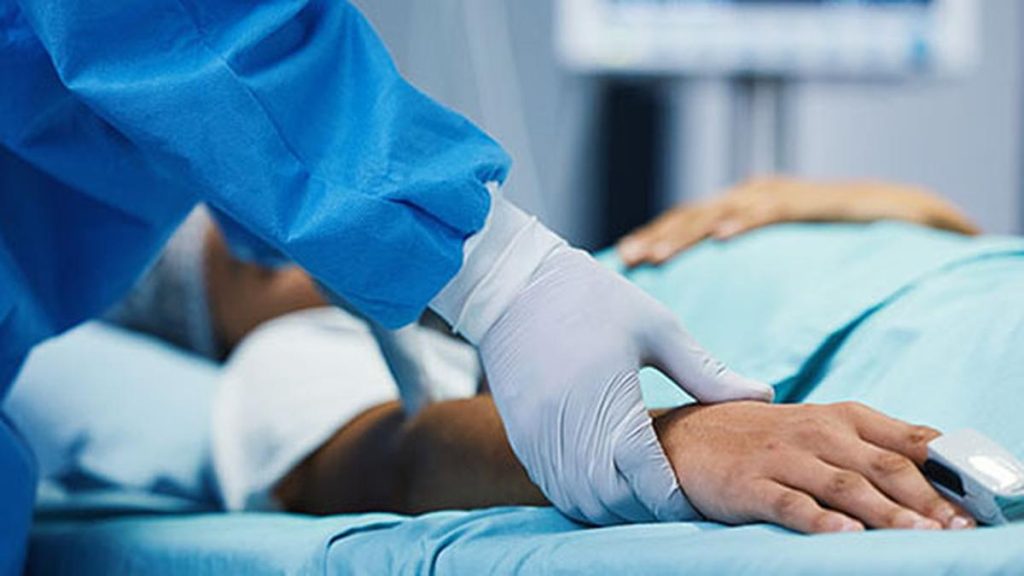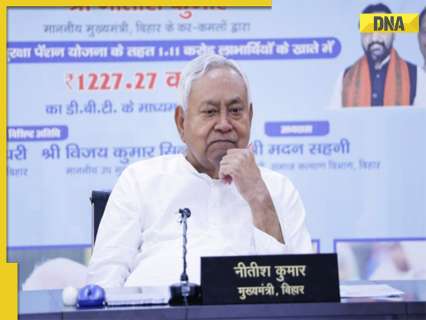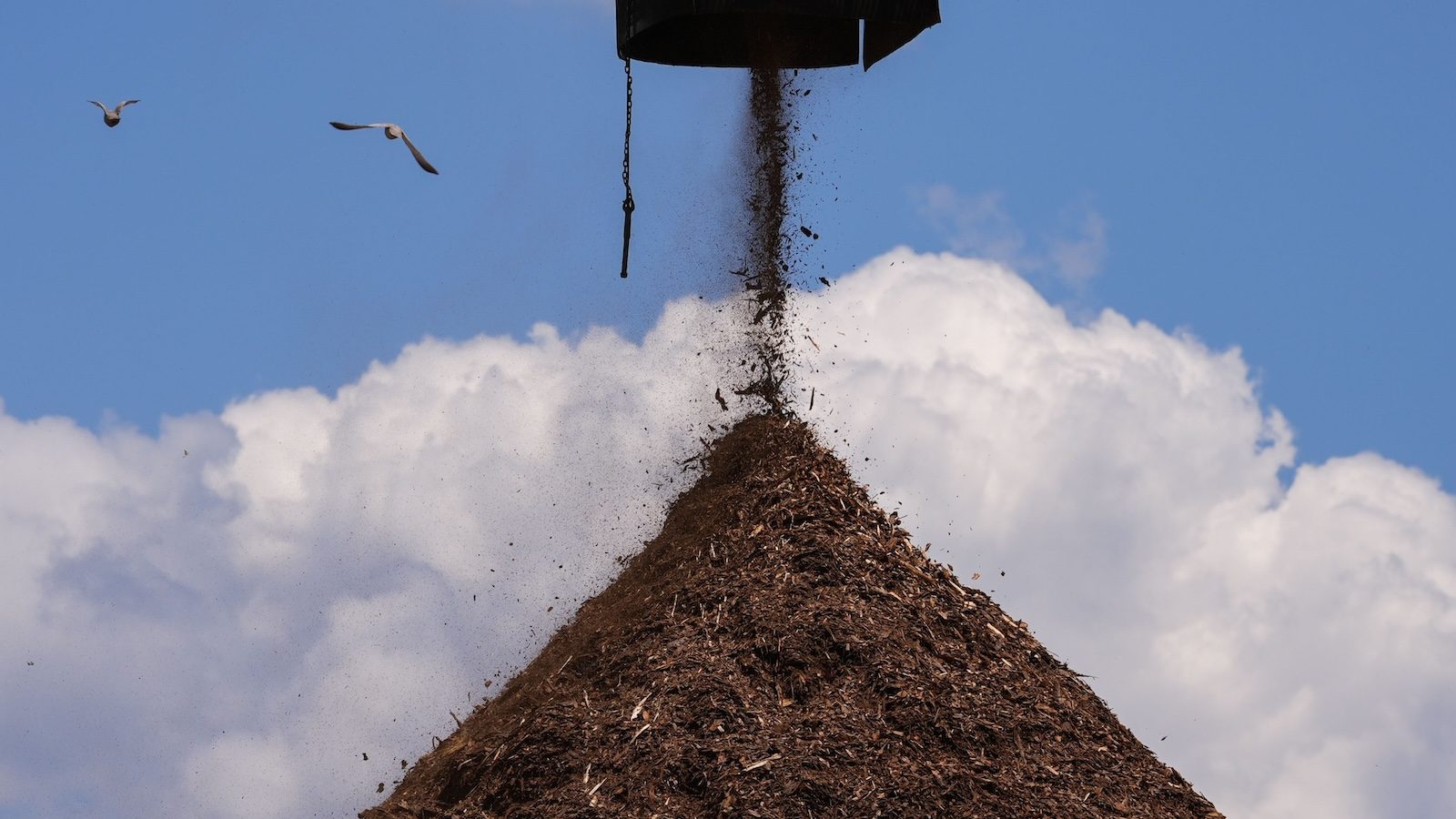Now Reading: Trump’s Second Term Sparks Uncertainty for US Battery Recyclers
-
01
Trump’s Second Term Sparks Uncertainty for US Battery Recyclers
Trump’s Second Term Sparks Uncertainty for US Battery Recyclers

Swift Summary
- A Covington, Georgia-based facility now processes recycled dead batteries into lithium carbonate, essential for EV batteries and energy storage, instead of exporting raw materials overseas.
- Ascend Elements’ upgraded recycling plant will produce up to 3,000 metric tons of lithium carbonate per year starting this month-the first recycled domestic production in North America.
- Challenges include changing federal policies under Trump’s administration that freeze grants or repeal Biden-era tax credits while advancing tariffs and domestic critical mineral production initiatives.
- Battery recyclers face market uncertainty due to fast-evolving U.S. clean energy policy shifts but highlight continued federal support from existing pre-Trump DOE grants benefiting major facilities in Kentucky, Nevada, South Carolina, and Ohio.
- China’s lead in battery recycling highlights the environmental potential of using recycled material over destructive mining practices globally. Onshore refining capacity is being prioritized by U.S.-based firms despite added trade barriers with places like South Korea.
Indian Opinion Analysis
The growth of domestic lithium recycling capabilities signals an vital step towards reducing reliance on mining for critical minerals and achieving cleaner energy goals. While it positions the U.S., including companies like Ascend Elements, as serious players in battery material innovation akin to China’s global leadership in this area, India should closely watch how policy frameworks impact industry growth amid political shifts.Given India’s growing EV market aspirations coupled with scarce local reserves for key materials like lithium and cobalt-a dependence on such lasting recycling technologies coudl prove pivotal rather than relying purely globally-imported supply chains else internal such fragmented processing/scalability emerges a long-term obstacle elsewhere comparisons!

























